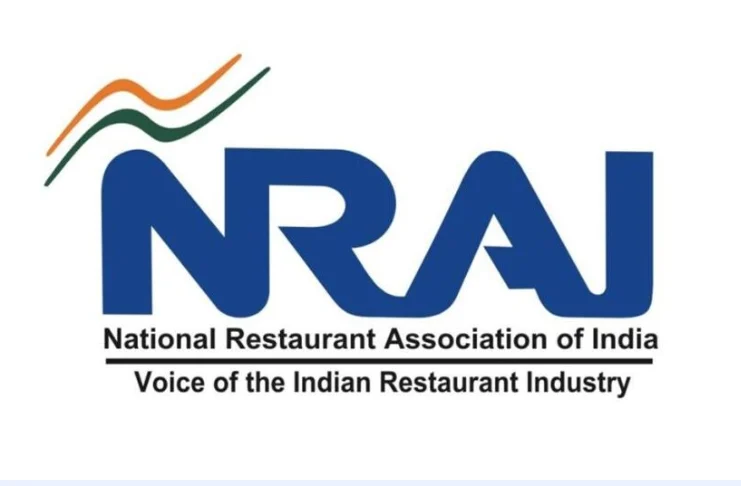The National Restaurant Association of India (NRAI) concluded the 2025 Food Delivery Summit in New Delhi on April 30, bringing together key stakeholders across the foodservice ecosystem — from leading restaurateurs and cloud kitchen operators to logistics partners, aggregators, and tech enablers. The agenda was clear: address the structural shifts in India’s delivery-first dining economy and collectively define a path forward that is more sustainable, data-driven, and restaurant-first.
Held at Le Méridien, the summit served as a platform to evaluate how the delivery landscape has evolved post-pandemic and where it’s headed next. This year’s discussions were notably sharper, signalling a maturing sector ready to question long-standing dependencies, especially on aggregators.
Restaurateurs Demand Fairer Delivery Economics
One of the key themes across sessions was the demand for a more balanced relationship between restaurants and delivery platforms. In the session titled “Decoding the Delivery Dilemma”, multiple speakers raised concerns around high commissions, lack of data transparency, and the mounting pressure to stay visible on aggregator apps.
Panelists urged aggregators to rethink their fee structures and open access to customer insights that could help restaurants personalize experiences and improve retention.
Direct Ordering and Delivery Tech Take the Spotlight
Against this backdrop, several brands shared how they are actively investing in their own delivery ecosystems. Native ordering platforms, last-mile logistics tie-ups, loyalty programs, and full-stack customer data tools are now central to delivery strategy.
Emerging tech also found a strong footing at the summit. Companies showcased solutions ranging from AI-driven order batching to predictive routing, dynamic pricing engines, and integrated POS systems. Delivery enablers such as Thrive, Pickrr, and Rista highlighted how mid-sized brands are increasingly turning to white-label tech to gain control and cut costs.
Delivery is Growing, But So Are Its Costs
Speakers didn’t shy away from discussing the economic pressures. With input costs rising and aggregator discounts eating into margins, delivery profitability remains a pressing concern, especially for standalone operators.
Several brands spoke about “experience-led delivery” — bundling meals with curated content, storytelling, and unique packaging to drive higher ticket sizes and build customer affinity.
Policy Conversations Gain Ground
On the regulatory front, the summit provided an update on NRAI’s engagement with central and state authorities. Key asks include greater oversight of aggregator commission structures, standardized delivery charges, and better protections for gig workers.
There was also mention of a potential framework being developed in partnership with the Department for Promotion of Industry and Internal Trade (DPIIT) to govern restaurant-platform agreements and data-sharing norms. While still in early stages, the conversation reflects the sector’s growing need for policy-level support.
Looking Ahead
As delivery cements its place as a core revenue stream — not just an auxiliary channel — the restaurant industry appears united in its call for structural change. The 2025 Food Delivery Summit made it evident that the future of food delivery in India must be built on mutual value, technological independence, and long-term sustainability.
For restaurants, the message was clear: owning your delivery narrative is no longer optional — it’s critical to survival.





